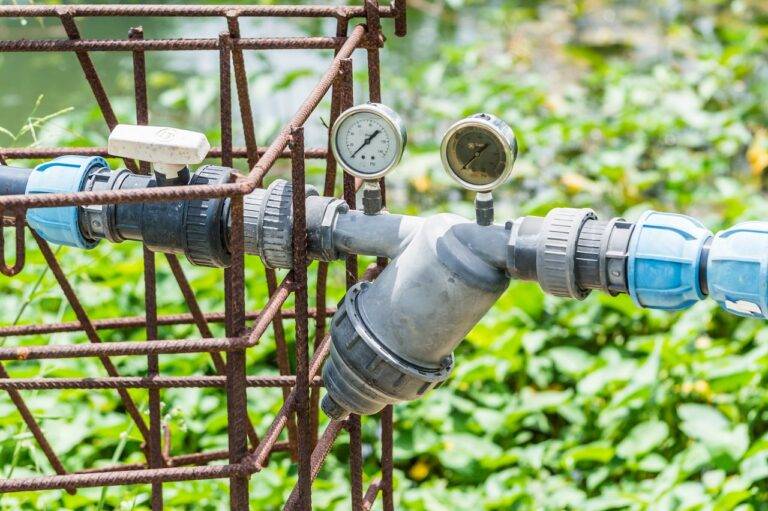AI in Agriculture: Optimizing Crop Yields and Sustainability
Artificial Intelligence (AI) has emerged as a game-changer in the field of agriculture, revolutionizing traditional farming practices. By leveraging AI technology, farmers can now make data-driven decisions to optimize crop production, improve efficiency, and maximize yields. Through advanced algorithms and machine learning, AI enables farmers to analyze vast amounts of data regarding soil quality, weather patterns, and crop health to make informed choices in real-time.
Moreover, AI applications such as predictive analytics and precision farming have the potential to transform the way agricultural activities are conducted. These technologies offer farmers the ability to predict potential issues before they arise, tailor irrigation and fertilizer application to specific crop needs, and monitor field conditions remotely. As a result, AI not only enhances productivity but also promotes sustainability by reducing resource wastage and minimizing environmental impact.
Increasing Crop Yields through AI Technology
Artificial intelligence (AI) technology has revolutionized the agricultural sector by providing farmers with advanced tools to optimize crop production. The integration of AI in agriculture enables farmers to make data-driven decisions that enhance efficiency and productivity in the field. Through AI-powered solutions, farmers can analyze various factors such as weather patterns, soil conditions, and crop health to make informed choices that lead to increased crop yields.
One key benefit of using AI technology in agriculture is its ability to predict and prevent potential crop diseases and pests. By utilizing machine learning algorithms, farmers can detect early signs of diseases or pest infestations, allowing them to take proactive measures to safeguard their crops. This predictive capability not only helps in protecting the yield but also reduces the reliance on harmful chemical pesticides, promoting sustainable farming practices.
How does artificial intelligence help in increasing crop yields?
Artificial intelligence helps in increasing crop yields by analyzing data on weather patterns, soil conditions, and pest threats to optimize the use of resources such as water, fertilizers, and pesticides.
What are some specific ways AI technology is used in agriculture?
AI technology is used in agriculture for tasks such as predicting crop yields, identifying diseases in plants, optimizing irrigation systems, and monitoring the health of livestock.
Can AI technology help farmers make more informed decisions?
Yes, AI technology can help farmers make more informed decisions by providing them with real-time data and predictive analytics to optimize farming practices and increase crop yields.
How accessible is AI technology to small-scale farmers?
AI technology is becoming increasingly accessible to small-scale farmers through affordable and user-friendly solutions that can be tailored to their specific needs and constraints.
What are some potential challenges in implementing AI technology in agriculture?
Some potential challenges in implementing AI technology in agriculture include the cost of technology adoption, the need for training and technical support, and concerns about data privacy and security.





